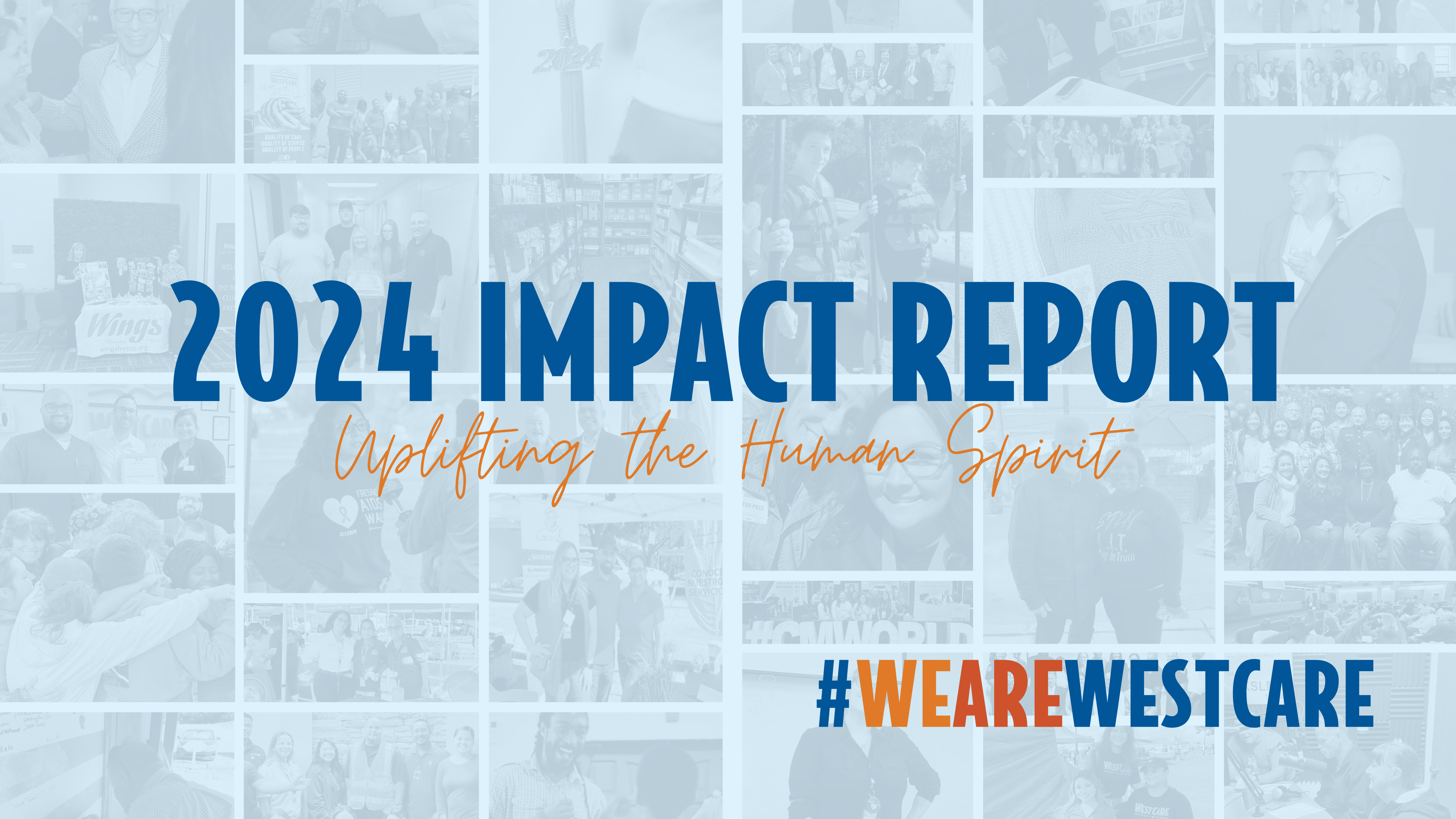RE: Comments on AQ30 – Proposed Rule – Modifying Copayments for Veterans at High Risk for Suicide (Docket No. VA-2022-VHA-0003)
Dear Dr Carroll,
The undersigned submit the following comments, regarding the Proposed Rule modifying copayments for veterans at high risk for suicide, on behalf of WestCare Foundation (WestCare).
We support the Department of Veterans Affairs (VA) proposal to amend its medical regulations that govern copayments for VA outpatient medical care and medications by effectively eliminating the copayment for outpatient care and reducing the copayment for medications dispensed to veterans identified by the VA as being at high risk for suicide. Removing financial barriers will increase access to care and create opportunities for increased engagement and interventions.
While preventing suicide requires attending to the factors that increase risk, the VA must also attend to the factors that we know can be protective. Implementing primary prevention efforts that can minimize risk and enhance factors known to be effective would represent a synthesis of current scientific knowledge and rational clinical practice for veterans at high risk for suicide.
Reducing suicide will require a long-term strategic vision and the commitment to design, create, implement and sustain systemic changes to how we as a nation support service members, veterans and their families across the full continuum of risk and wellness. It will also require that we focus on making the environment safer from risk, especially from lethal means.
Limiting certain prescribed medications may reduce intentional or unintentional overdose. Clinical practice guidelines call for some medications to be prescribed in smaller amounts of one or two weeks, rather than monthly. This priority focuses on ensuring time and space between a person and crisis and their access to lethal means, including medications.
However, more frequent interactions with health care for both mental and physical conditions can more effectively reduce suicide and facilitate the identification of individuals at high risk. Often the first opportunity to assess an individual’s suicide risk occurs because of the demonstration of warning signs that are identified by a caregiver. Recognition of warning signs is the key to creating an opportunity for early assessment and intervention.
In conclusion, given the multiple factors that may lead to suicide death, preventing suicide requires a comprehensive public health approach that harnesses the full breadth of the federal government in close coordination with States, Territories, Tribes and local governments; as well as collaboration with industry, academia, communities and community-based organizations, families and individuals. Individuals at imminent or high risk of suicide should be guaranteed equitable access to high quality crisis care and follow-on support. Such a comprehensive effort will build upon an existing foundation of public-private partnerships and serve to accelerate attempts to strengthen behavioral health and suicide prevention for service members, veterans and their families.
Thank you for your consideration. WestCare stands ready to work with the VA to ensure that all who have served, and their families, have the essential benefits and critical services required to meet their transition and care needs.
Sincerely,
Ricard (Dick) Steinberg, CEO/President
Jason Engel, DBH, MBA, LCSW, LCADC, Chief Clinical Officer
Craig Knierim, USAF, Col (ret), Senior Vice President of Veterans Services


